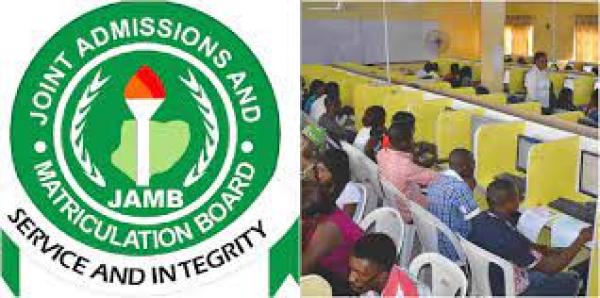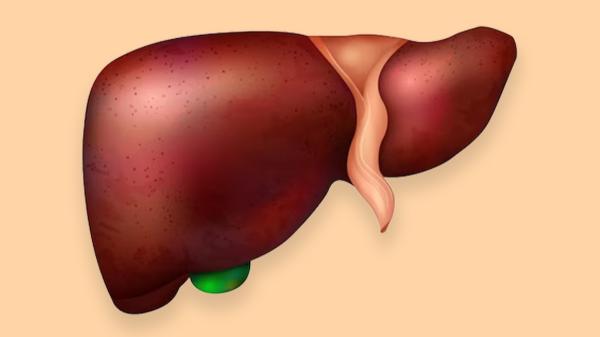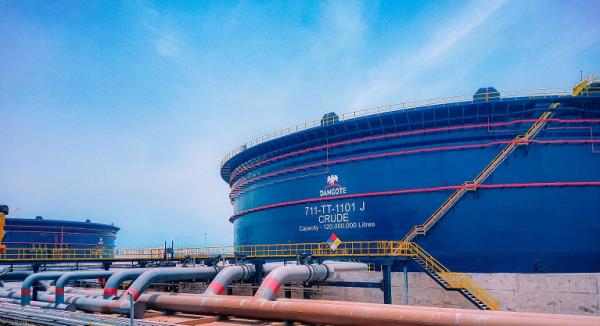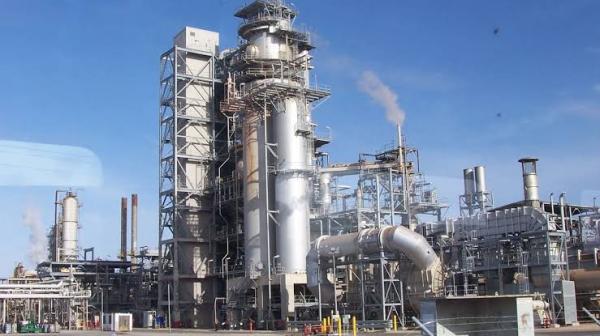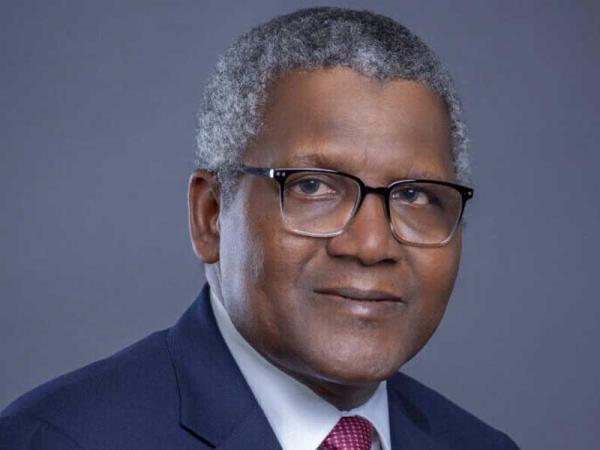
Dangote Oil Refining Company (DORC) has taken possession of one of the major components of its refinery equipment, the regenerator for the Residual Fluid Catalytic Cracker (RFCC), As it prepares to roll out in 2019.
The Head of Quality Assurance/Quality Compliance and Construction, DORC, Mr Rama Putta, made this known on Sunday in Lagos.
The Fluid Catalytic Cracking (FCC) is one of the most important conversion processes used in petroleum refineries.
Putta said the sand filling of the site had been completed, adding that 60 per cent of the land was swampy.
“The refinery equipment are coming in semi-finished shape and we will finish the assembling here at the sight.
“ The remaining is being manufactured in various countries, including China, India, America, South Korea, Singapore and Malaysia,” he said.
The Executive Director, Dangote Group, Mr Devakumar Edwin, said the 650,000 barrels per day refinery would stimulate economic development in Nigeria.
According to him, the refinery was built to process a variety of light and medium grades of crude and produce extremely clean fuels that met Euro V specification.
He said usually, the sulphur in petroleum fuels results in vehicle exhaust emissions that have negative impact on health and environment, adding that the Dangote plant has invested in most advanced technology to produce Euro V fuel due to help Nigeria meet the European Standard of gasoline.
He added tha the project would provide thousands of direct and indirect jobs and add value to the Nigeria’s economic development, noting that the refinery will lead to significant skills transfer and technology acquisition opportunities in the country.
The company has commenced the installation of equipment for the 650,000 barrels-per-day crude oil refinery being built in the Lekki area of Lagos.
The refinery has continued to receive heavy equipment, through the Dangote jetty, located close to the refinery in the Lekki Free Trade Zone.
The refinery is designed to accommodate multiple grades of domestic and foreign crude and process these into high-quality gasoline, diesel, kerosene, and aviation fuels that meet Euro V emissions specifications, plus polypropylene.
The refinery will also be able to adjust its production of different products to match market demands.












